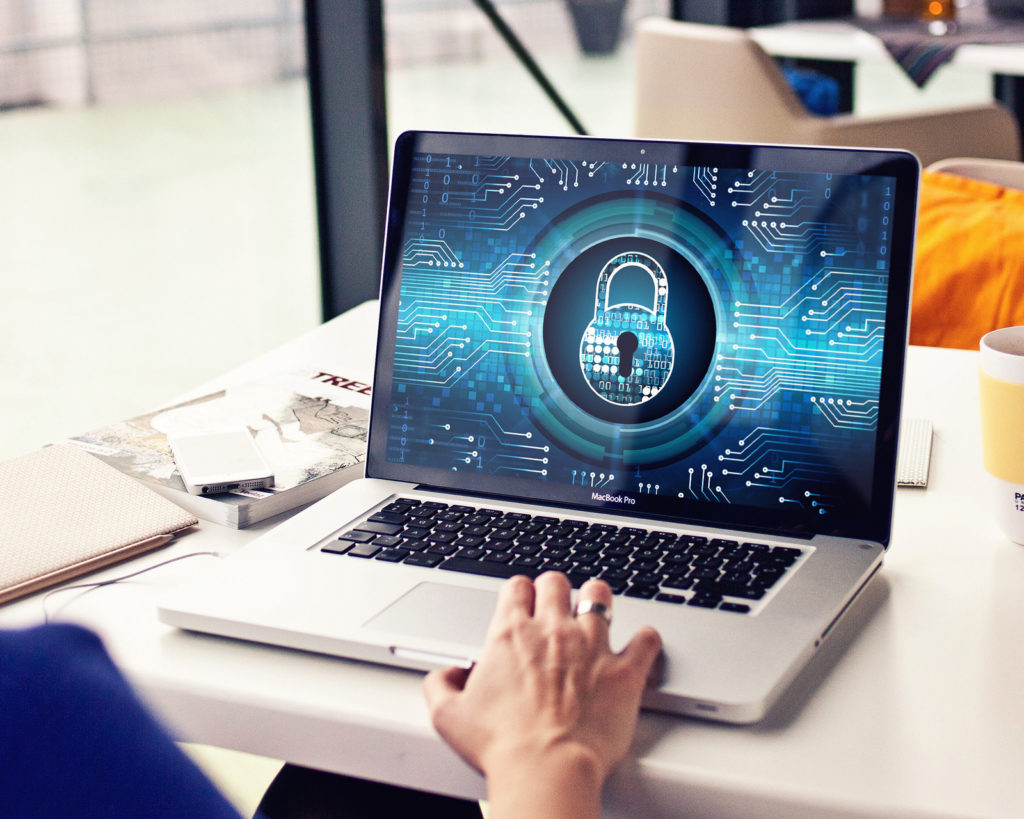Today there are major fears of cyber-crime. Identity theft is at an all-time high with corporate intellectual theft following the trend.
Governments and businesses have taken action by restricting access to those under their umbrella. While they mean well, this isn’t always a good thing.
This restriction isn’t always solely for security purposes. Corporations and governments can and have restricted access to information about things that threaten their sovereignty, expose their wrongdoings or simply rival their power or influence.
I personally value national security, but it’s nice to be able to watch the Olympics or Netflix where I want to or browse for news relevant to me and to that end we have VPNs or Virtual Private Networks.
A Virtual Private Network is a service that connects you to the internet through a specific server. This server encrypts your information allowing you to have a level of privacy and security that isn’t otherwise possible.
Designed for Corporate
VPNs were originally developed to enable corporate workers to securely access their networks from anywhere in the work.
This is referred to as a corporate VPN.
While this use is still in place chances are most times you’ll here about this service it’ll be referring to commercial VPNs.
Why Would I Need One
You may be wondering why that matters if you aren’t planning to do anything illegal so here are some examples –
- You’re on holiday and you’d like to catch the season finale of ‘insert show here’ but it isn’t available for viewing in your host country.
- You’re at school or work and you’re blocked from the website you need to get the information you require.
- You’re using public internet and aren’t interesting in being an easy target for hackers.
Those are the most relatable examples, but there are far more uses.
While there are nefarious uses for a VPN the vast majority of users simply want privacy. Thus, there’s no stigma for their use in most countries.
Nuts & Bolts
When you access the internet you connect to your internet service provider (ISP).
From there, you connect to any websites you choose to visit. Everything you do from the point you connect to your ISP can be viewed (tracked) by them assuming you allow it.
When you connect via an VPN you still go through your ISP, but now your data is encrypted.
The ISP is aware that you’re connected to and using the internet, but not where you are specifically unless you’ve designated so on your VPN.
Pros and Cons of Using a VPN
Let’s take a look at the pros and cons of using a VPN service:
Pros
- Access Censored Content: with a VPN, you can access and unblock all popular streaming services out there, like Hulu, the BBC, and Netflix, so that you can have access to your favorite shows and movies. Because it hides your location, you can pretend that you are somewhere else in the world, and access the streaming services that are there.
- Keeps You Secure: a VPN will make sure that your connection is anonymous and secure, so that hackers and other online threats cannot infiltrate and steal your personal information.
- Saves Money: if you want to save money booking into hotel rooms or booking a flight, you can save money by using a masked IP address.
- Security: there are other ways to keep yourself secure online, but there are more expensive. A VPN is definitely one of the most affordable ways to stay safe while surfing the net.
Cons
- Slow Connection: make sure that you find a VPN out there that has a fast connection speed, otherwise you will be able to stream restricted content, but it will be slow and lag, which can be incredibly frustrating.
- Anti-VPN Software: a lot of big companies have caught on to the idea of using a VPN to get around their restrictions. As a result, there is a lot of anti-VPN software out there these days, so you have to make sure that you choose one that can get around even the most robust VPN blockers.
- Your Connection can Drop: your VPN needs to have a kill switch that works, so that it can prevent accidental IP leaks. This should prevent your connection from randomly dropping at times.
- Can be Hard to Configure: it’s important to find a VPN out there that is easy to use, especially if you don’t have a lot of experience with one already. There are some out there that provide their users with an easy interface, but others might be too technical.
What to Consider When Using a VPN
Nothing is perfect and the cost of encrypting and decrypting all the data you access is processing power.
Your browsing experience will be slowed when using a VPN. The stronger the encryption, the greater the power needed, the slower the experience.
This is compounded by the distance traveled to the VPN server of your choice.
If you live in South East Asia a server in the UK will yield faster results than a server in the US due to proximity.
Before you go out to get a VPN do a little research and check some reviews.
There’s tons of information out there. Cheers and stay secure out there.
Jonathon Spire
Latest posts by Jonathon Spire (see all)
- ViralTok Review 2024 – Is it a Scam? - April 24, 2024
- BuyLikes.net Review 2024 – Is BuyLikes.net a Scam? - April 24, 2024
- SlickSocials Review 2024 – Is SlickSocials a Scam? - April 23, 2024



